In the grand symphony of technology, artificial intelligence (AI) has emerged as a virtuoso, playing an ever-increasing role in the world of music. As AI continues to weave its way through various aspects of our lives, its impact on the creation, distribution, and consumption of music has been profound. In this blog post, we'll explore the harmonious connection between AI and music, touching on the various ways in which AI is transforming this timeless art form.
AI in Music Composition
AI as a Composer One of the most striking advancements in the field of music is AI's ability to compose original pieces. AI algorithms, such as OpenAI's MuseNet and Google's Magenta, have shown their prowess in creating beautiful compositions across various genres. These algorithms analyze vast datasets of existing music to generate new melodies, harmonies, and rhythms. The result is a fusion of creativity and computational power, often leading to remarkable pieces of music that captivate and inspire.
Collaborative Composition AI isn't just a soloist in the composition process; it's a fantastic collaborator. Musicians and composers are increasingly using AI tools to complement their creative process. AI can generate musical suggestions, inspire new ideas, and even assist in the orchestration of complex compositions. This collaborative approach is enhancing the boundaries of what's musically possible.
AI in Music Production
Enhancing Sound Quality The recording and production of music have been transformed by AI-driven technologies. From noise reduction to pitch correction and mastering, AI tools like Adobe's Audition and iZotope's RX have become indispensable in the music studio. Musicians and producers can now achieve pristine sound quality, ensuring that their music resonates with the audience in the best possible way.
Remixing and Sampling AI can analyze and remix existing tracks, giving birth to new renditions and innovative approaches to classic songs. It can also suggest samples and loops, making it easier for artists to experiment with various sounds and create something entirely new. Remix culture has reached new heights with AI's assistance.
AI in Music Discovery
Personalized Recommendations Streaming platforms like Spotify and Apple Music utilize AI to curate playlists and recommendations tailored to individual tastes. AI algorithms analyze your listening history and preferences to suggest new songs, artists, and genres you might enjoy. This personalization has made music discovery a more delightful experience for listeners.
Music Genre Classification AI can classify music into genres and even discover subgenres that may have been previously unrecognized. This is invaluable for music enthusiasts, as it helps them explore and discover niche or emerging genres they might otherwise overlook.
The marriage of AI and music is a testament to the endless possibilities that technology brings to the arts. AI has transcended the boundaries of mere automation and is now an active participant in the creative, production, and consumption processes of music. As it continues to evolve, we can only anticipate more exciting developments in the world of music, where the symphony of human creativity and artificial intelligence harmoniously coexists.
The future of music is an open composition, awaiting the next brilliant note from the AI's ever-evolving score.

